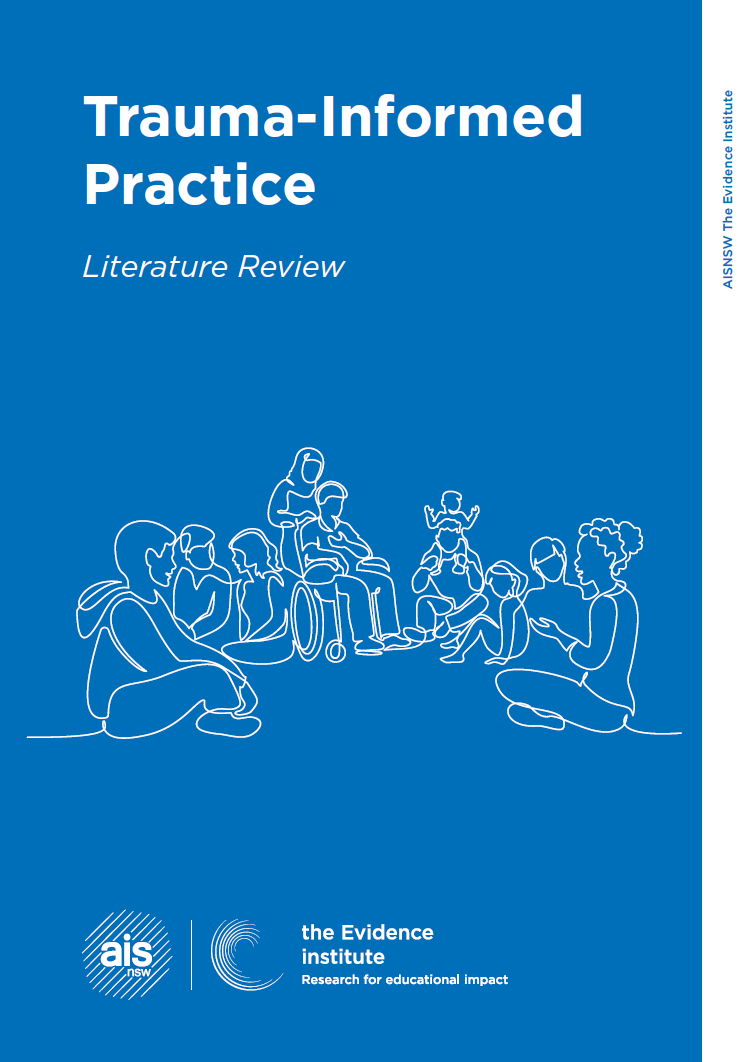Trauma-informed practice is gaining recognition as a critical framework in schools to address the diverse and complex needs of students.
Research consistently highlights the pervasive impact of trauma on young people, which can manifest in various ways, including academic struggles, behavioural challenges, and social-emotional difficulties. Schools play a vital role in mitigating these effects by understanding and adopting trauma-informed practices, which prioritise safety, empathy, and supportive relationships.
At its core, trauma-informed practice acknowledges that trauma is not just an isolated event but a profound experience that can shape a student's entire outlook and behaviour. Whether the trauma stems from a one-time incident (e.g. the loss of a loved one), or ongoing exposure to adversity (e.g. domestic violence), the effects can be long-lasting and multifaceted.
A trauma-informed approach requires educators to shift their perspective from asking, "What is wrong with you?" to "What is happening with you?" This simple yet profound shift in thinking evokes approaching student matters with curiosity, and develops a more compassionate and supportive environment, where students feel understood and valued.
A trauma-informed school is one that actively integrates knowledge about trauma into its policies, programs, and practices. It intentionally invests in creating a school culture that emphasises physical, social and emotional safety and ensures that every student feels connected to caring adults who understand their needs. By building strong, trusting relationships, educators can help students build their social and emotional learning capacities, which is key for improving all students’ academic and wellbeing outcomes.
Implementing trauma-informed practices involves the provision of professional learning opportunities for staff. The professional learning should not be merely a one-off training session but an ongoing commitment to fostering an environment that supports all students, particularly those who have experienced trauma. Staff need to understand the impact of trauma, be equipped with the knowledge to recognise the signs of trauma and develop skills to respond appropriately. It is also important that educators themselves have access to any supports they may need. Trauma-informed practice can shift a school culture to being more emotionally healthy, benefiting students, their families and staff.
Trauma-informed practice is not just an educational trend but a necessary approach to fostering a safe and supportive learning environment for all students. By understanding and addressing the impact of trauma, schools can play a crucial role in helping students heal and thrive academically, socially, and emotionally.
If you want to find out more about trauma-informed practice in schools, AISNSW has conducted a literature review which can be found on our website.
